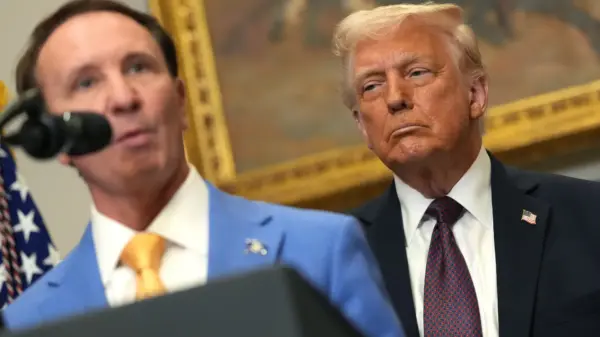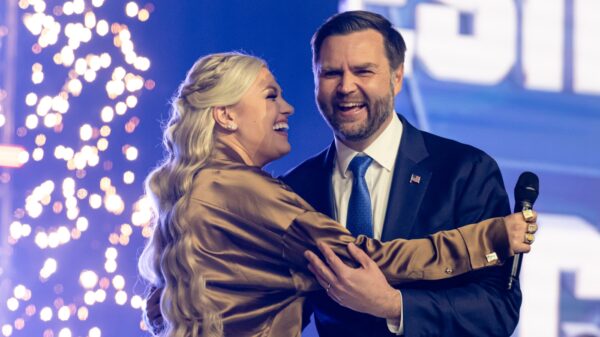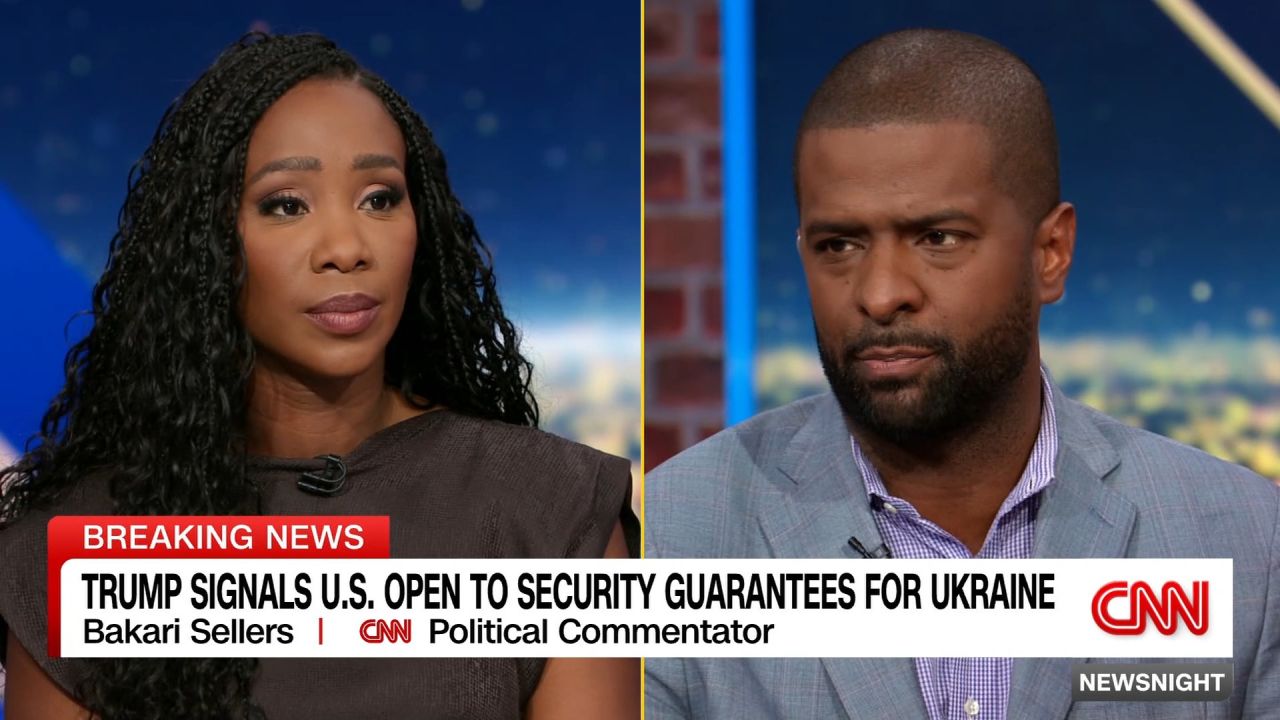President Donald Trump hosted Ukrainian President Volodymyr Zelensky at the White House, where discussions included the potential use of US troops to enhance Ukraine’s security. This meeting, attended by several European leaders, has sparked a debate about the implications of military support for Ukraine amidst ongoing tensions with Russia.
During this pivotal gathering, Trump did not dismiss the possibility of deploying American forces to support Ukraine, a significant shift in rhetoric that has drawn attention from both supporters and critics. CNN political commentator Bakari Sellers criticized members of the MAGA movement, suggesting that their acceptance of military involvement contradicts their previous stances against deploying troops.
Sellers highlighted that many who now seem supportive of boots on the ground would have opposed such measures just months ago. This inconsistency raises questions regarding the motivations and principles of those within the Republican party who advocate for a more aggressive stance toward Russia.
Political Reactions and Implications
The meeting between Trump and Zelensky comes amid escalating concerns about Russian aggression in Ukraine. As European leaders continue to rally support for Ukraine, the United States’ role remains pivotal. Trump’s remarks about military assistance suggest a willingness to engage more directly, which could have significant ramifications for US foreign policy.
Sellers emphasized that the current support from some Republican factions for military action may reflect a broader shift in the party’s approach to international conflicts. He urged those who advocate for this position to clearly articulate the rationale behind their support, particularly in light of previous opposition to similar actions.
Critics of Trump’s administration point out that a decision to send US troops could further entangle the United States in a conflict that many had hoped to avoid. The complexities of military involvement in foreign disputes present challenges that require careful consideration and clear communication from leaders.
As the situation develops, the impact of this meeting on international relations, particularly with Russia, remains to be seen. Sellers’ comments underscore a growing divide within the Republican party regarding foreign policy and military engagement, prompting discussions about the principles that guide American intervention on the world stage.
The dialogue surrounding Trump’s approach to Ukraine and Russia illustrates the evolving landscape of American politics, where support for military action can shift rapidly based on political narratives. As debates intensify, the need for clarity and consistency from political leaders becomes increasingly critical in navigating these complex issues.







































































